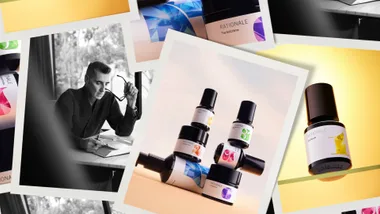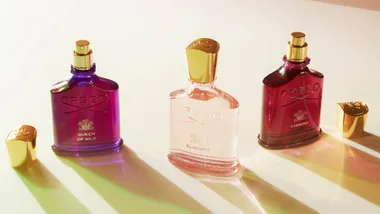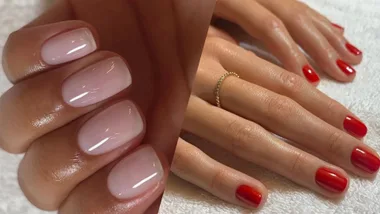It’s the age old debate between nature and nurture – but now the science of genetics is changing the way we think about the skin we are born with.
The facts
We’re born with the skin we’re in. Fact. Our genetics determine how our skin naturally wants to behave and “be” for life. Fact. Our genetic code is locked in and unchangeable. Another fact. But what you might not know is that science now proves we have at least some control over how our skin reacts, looks and feels. The key is epigenetics.
Not sure what epigenetics are?
Here are the crib notes: epigenetics are the on/off switches on our individual DNA. They determine whether our skin behaves (or doesn’t behave) the way is it naturally predisposed to.
“DNA determines the appearance and behaviour of our skin,” explains David Khoo, principal scientist, skincare at Olay. “But it’s not simply about what sort of DNA we have, it whether that DNA is expressed.”
Of course there are fixed genetics we can’t change – our skin colour, our nose shape, how far apart our eyes are. But when it comes to skin quality, we have more say then we once thought.
“DNA is like the keys of the piano, with only a few exceptions,” says Khoo. “You can’t change your skin DNA any more than you can remove or add keys to a piano. What you can change is the expression of that DNA: how often, how loudly or softly the keys are played, or whether they are played at all.”
So, how can epigenetics help?
Have a tendency for redness and inflammation? Epigenetics determine whether the red switch is flipped on or off. Predisposed to pigmentation? Epigenetics will dictate whether freckles happen – or don’t.
“Epigenetic mechanism turn genes on and off, and importantly they can maintain that state,” says Dr Neil Youngston, who has a PhD in epigenetics and has worked on various aspects of the topic for 18 years. “What’s special is this semi-permanence; an epigenetic state that is set early in life can be maintained for the rest of [one’s] life.”
So epigenetics are like the gatekeeper between what is hardwired into your genetic code, and what your lifestyle is dictating your skin will look like – now and in the future.
Why lifestyle matters
“While we can’t change our genes, we can influence the environment our genes are exposed to by protecting them from sun exposure, stress and providing good skincare,” says Khoo.
Olay has extensively researched what makes skin age well. “We found that 10 per cent of women looked more than 10 years younger than their actual age,” says Khoo. “They shared a unique gene expression fingerprint, effectively enabling their ski to behave like that of someone much younger.”
The question is: how do we get it, too? How do we stop our skin from becoming pigmented and lined? How do we plump skin that’s naturally dry?
Olay researchers studied the skin of more than 155,000 participants and found it mostly came down to lifestyle.
“Women who almost always used sunscreen were 78 per cent more likely to be an exceptional skin ager, compared with women who almost never did,” explains Khoo.
Many of us have been schooled on the dangers of sun exposure, but the study also surprisingly found positive thinking makes a difference to ageing well. “Women who reported they had positive attitude towards themselves were 30 per cent more likely to be an exceptional skin ager,” says Khoo.
Other factors include climate, which can have a dramatic effect on skin, and lifestyle choices such as drinking, smoking and how well we eat.
“[So] it’s clear that DNA is not solely responsible for how your skin will look,” explains Khoo. “Women can have exceptional gene expressions [but then] throw away that advantage with poor lifestyle choices.”
The products to use
Today’s skincare formulations are able to keep genetic switches flicked to our advantage. Olay has dosed its Olay Regenerist Whip cream with niacinamide and fruit extract to prevent free-radical damage to skin DNA; while Sisley’s new Sisleÿa L’Intégral Anti-Âge Firming Concentrated Serum contains a phyto complex of sweet marjoram and white willow leaf to boost elastin production.
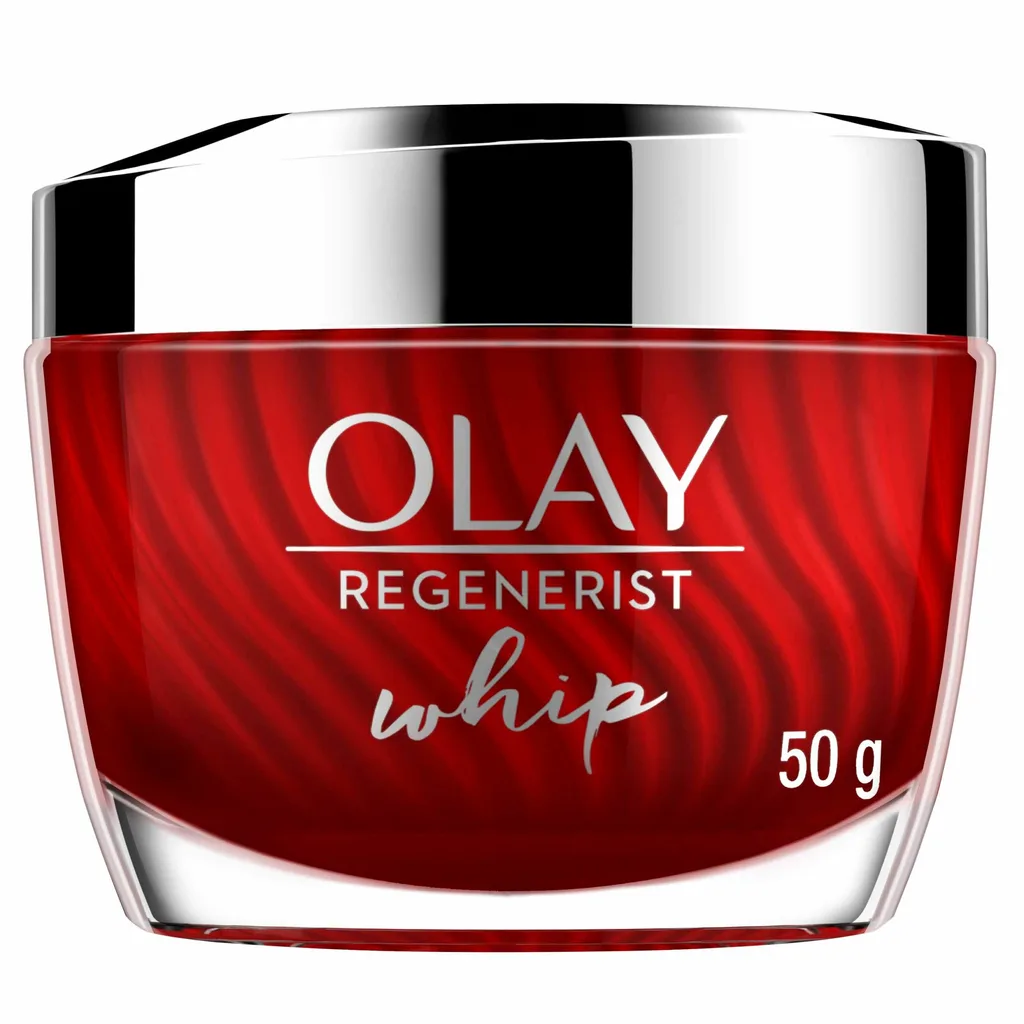
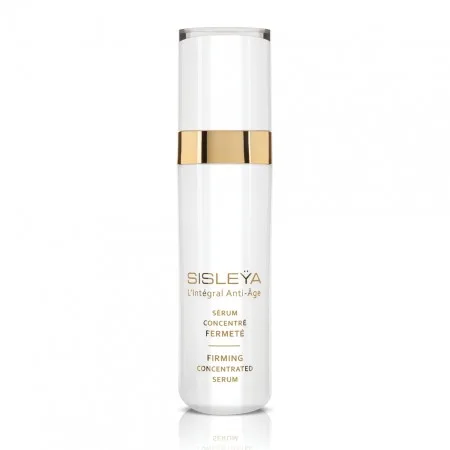
A lifetime of good skin habits will pay dividends. “If you leave [biological processes] alone, they’re going to do their own thing and get out of control, “says Youngson. “The only thing you can do is shepherd them to do what you want them to do.”
It could be that the study of epigenetics is simply proving what we already intuitively know: that we are what we eat and how we live our lives.
The good news is that if we also pay attention to what we put on our skin, we can win in the complexion stakes, too – no matter what type of skin we were born with.




